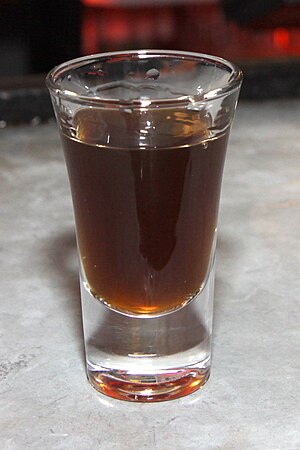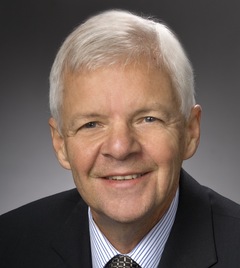When we speak of taking some substance, in the sense of ingesting it, the verb take carries connotations of need, of measured and countable doses designed to satisfy a perceived deficiency.
Most people would not think of taking medicine unless they needed it to combat some physical malady. Each morning, when I make coffee, I always take my blood pressure medicine.[1] The drug is prescribed by my doctor, who claims I need it to maintain health. I dutifully pop the pill into my mouth, wash it down with juice or water, certainly don’t chew and savor it, and think no more about its effects until the next morning.
Some speakers and writers also refer to taking an alcoholic drink. They sometimes apply the term to the consumption of any amount of alcohol at all and for any purpose, as measured doses — such as in a shot glass or a swig from the bottle — likewise as though the drinker performs this act in order to accomplish some effect, presumably the well-known consequences of downing alcohol quickly.[2]
Thus we sometimes hear, particularly from persons who view alcohol with mistrust, queries along the lines of this model: “How many drinks a day do you take?” How do you answer such a question truthfully and without appearing to be a drunkard?
The question suggests necessity, rather than the healthier viewpoint that alcoholic drinks are merely another type of food, albeit one that warrants more than the ordinary amount of care in measuring and controlling.
When was the last time you took a carrot? How many ounces of sugar do I take each day? I dunno. I don’t spoon granulated sugar out into a cup and then consume it directly, washing it down with water. Normally one would not say, “I took some orange juice and scrambled eggs for breakfast” unless it was in order to focus attention on the need, as when a person famished and weakened with hunger and thirst or recovering from grave illness would take desperately needed nourishment.
The book I’m currently reading about George Washington says that on the night he crossed the Delaware, Washington took food on horseback, meaning that he stopped and ate it, not that he was carrying it with him.
This is an entirely appropriate use of the term. He didn’t stop to have a relaxing repast with his officers. His troops were literally starving to death, they were all on the move, they had the battle of all battles just ahead of them, and Washington needed whatever it was that he ate as fuel. He didn’t even climb down from his horse. He thereafter performed acts of leadership and bravery nearly unequaled by any man before or since.
The book says that afterward Washington’s soldiers took rum lifted off the enemy. Their action could be understood in two senses. Washington had ordered the rum poured on the ground because they had much left to do, and he didn’t want his troops to be drunk. But they managed to get their hands on some anyhow. In the state they were in doubtless the rum provided them some nutritional and energy benefits, not to mention bolstering their determination.
When we eat meals, whether formal, sit-down occasions with family or friends, or just grabbing something while passing through the kitchen without thinking much about it, we don’t often regard doing so in terms of taking nourishment. Perhaps there would be less obesity if people were more conscientious about eating and drinking only when feeling the need, but clearly there is also a measure of pleasure, joy, and even aesthetic satisfaction in partaking of food, which our Creator intended for us to experience.[3] Enjoyment of alcoholic drinks is often a normal part of eating meals; and sometimes alcohol is drunk by itself or with lighter food on social occasions. Unless we happen to be starving or otherwise in sore straits, that’s normally how we view eating, even knowing we must do so periodically in order to sustain life.[4]
In contrast, alcoholics — persons who have developed a dependency on alcohol — take drinks in the sense of fulfilling an urgent need, because they find they are unable to function without it. This behavior is universally understood to be a Bad Thing for many reasons. Therefore, to say that someone takes a drink is to suggest that the drinker has little choice in the matter — an implication that might prove to be both untrue and unappreciated by the one so described.
Understood in this way, the answer to the question of how many drinks a day I take is None! The last time I drank alcohol because I thought I needed it was the day of my best friend’s wedding in September 1964. The affari was a big bash with all the attendant social functions and formalities. I duly executed my duties as best man throughout the day until the newly married couple drove off from the house of the bride’s parents on the way to their honeymoon, whereupon I retired to the bar in the basement, and greatly enjoyed three gin and tonics in fairly rapid succession. Mission accomplished. A while later I drove home feeling stone cold sober.
[1] Never mind that my blood pressure would likely be lower if I didn’t drink the coffee.
[2] … wine that makes the heart of mortal man rejoice … — Psalm 104:15
[3]With a man there is nothing better than that he should eat and indeed drink and cause his soul to see good because of his hard work. This too I have seen, even I, that this is from the hand of the true God. — Ecclesiastes 2:24



